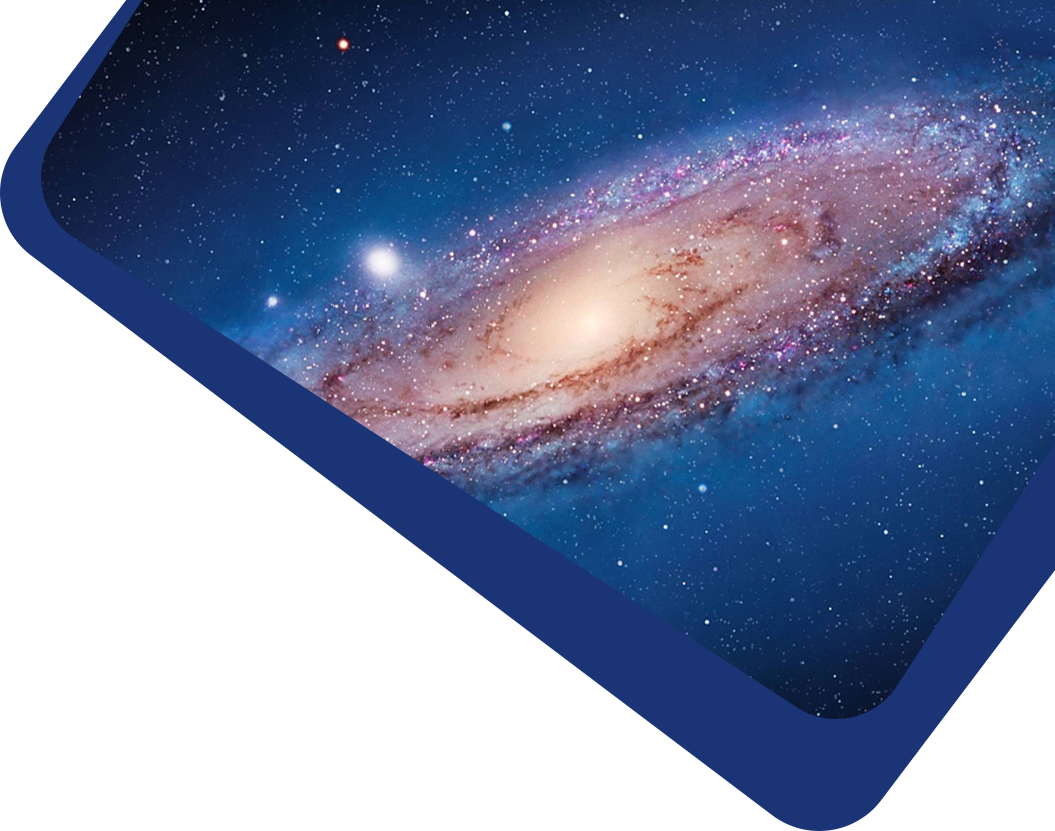

The perturbations of low earth orbit (LEO) satellites operating in the orbit of 300 ∼ 2000 km are complicated. In particular, the atmospheric drag force and solar radiation pressure force change rapidly over a short period of time due to solar activities. Using spaceborne global positioning system (GPS) data of the CHAMP, GRACE and SWARM satellites from 2002 to 2020, this paper studies in depth the influence of solar activity on LEO satellites' precise orbit prediction by performing a series of orbit prediction experiments. The quality of GPS data is more susceptible to being influenced by solar activity during years when this activity is high and the changes in dynamic parameters are consistent with those of solar activity. The effects of solar activity on LEO orbit prediction accuracy are analyzed by comparing the predicted orbits with the precise ones. During years of high solar activity, the average root-mean-squares prediction errors at 10, 20, and 30 minutes are 0.15, 0.20, and 0.26 m, respectively, which are larger than the corresponding values in low-solar-activity years by 59%, 63%, and 68%, respectively. These results demonstrate that solar activity has a great influence on the orbit prediction accuracy, especially during high-solar-activity years. We should strengthen the real-time monitoring of solar activity and geomagnetic activity, and formulate corresponding orbit prediction strategies for the active solar period.
Key words: Sun: activity – atmospheric effects – space vehicles: instruments – planets and satellites: atmospheres – planets and satellites: dynamical evolution and stability
It accepts original submissions from all over the world and is internationally published and distributed by IOP